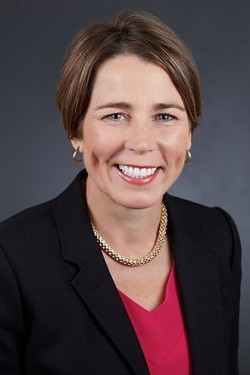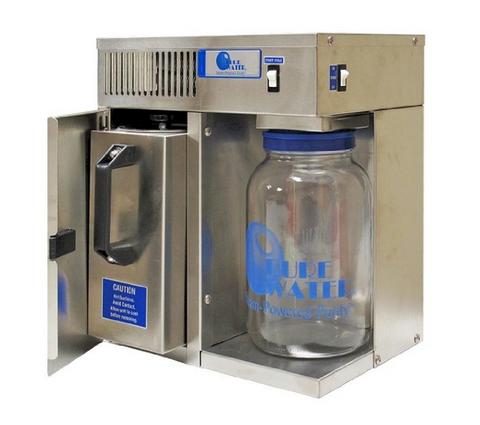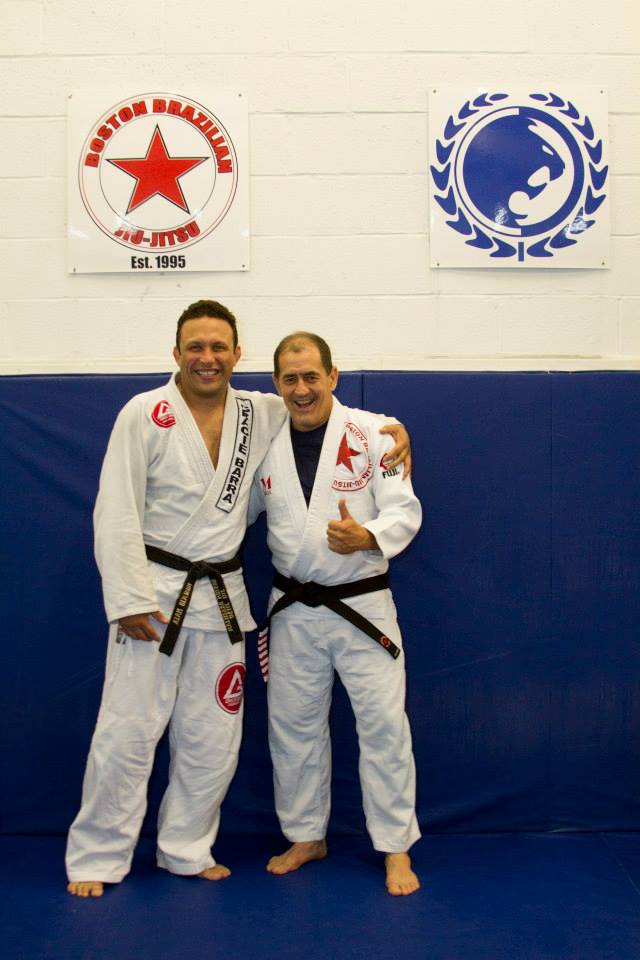
Recently AG Healey “took on” the maker of OxyContin, Purdue Pharma, but did she really?
Marianne Skolek-Perez Global News Centre
(MYRTLE BEACH) Massachusetts Attorney General (AG) Maura Healey filed a lawsuit against the multi-billion dollar pharmaceutical company, Purdue Pharma, maker of the highly addictive OxyContin. The AG alleged that Purdue Pharma misled consumers about OxyContin’s addiction and health risks in order to increase its profits. She also named the Sackler family, owners of Purdue Pharma, as well as members of the pharmaceutical company’s Board of Directors. Interesting approach, but one that made me very curious. So I will make some observations, ask some questions and maybe, I will receive some answers because some things do not quite sit well here,
A concerning issue in the Massachusetts lawsuit is that AG Healey worked for the law firm Wilmer, Cutler, Pickering, Hale and Dorr who represented Purdue Pharma as a client. Healey’s “life partner” is a partner in this same firm who still represents Purdue Pharma. Healey was hired by the Attorney General of Massachusetts in 2007 — the same year Purdue Pharma pleaded guilty in Federal Court to criminally marketing OxyContin, their multi-billion dollar opioid. Healey was elected Attorney General in 2015 and is up for re-election in November 2018.
Naming the Sackler family as defendants is an original concept and one that I believe has never been put to the test. Whether the multi-billion dollar family will have U.S. assets that can be procured by Massachusetts will be interesting.
Naming the Board of Directors of Purdue Pharma is concerning. AG Healey is an attorney and aware that members of Boards of Directors have a fudiciary responsibility to the stockholders of the corporation. Purdue Pharma is privately held and has no stockholders. AG Healey is cognizant that a Board of Directors is not responsible for the day-to-day decision-making of a corporation. The daily decisions are made by the corporation’s executives and managers. The corporate officers are the people who head departments, and these executives are responsible for running the business. Notably there are executives at Purdue Pharma who were directly responsible for criminally marketing OxyContin who were not named in AG Healey’s lawsuit. Physicians hired by Purdue Pharma to criminally market OxyContin to state medical boards were also not named such as Scott M. Fishman, MD.
In my almost 17 years of writing and exposing Purdue Pharma for unleashing a catastrophic destruction of life in every state of the country by their criminal marketing of OxyContin, some of the names on AG Healey’s lawsuit have me concerned. Who are they? Where is J. David Haddox, MD, DDS who I have written about extensively over the years and who AG Mark Herring names in his lawsuit representing the State of Virginia?
Haddox coined a word “pseudoaddiction” with only one study and ran with it to the medical profession. He pushed it to physicians saying if patients exhibited signs of addiction, they were experiencing “pseudoaddiction” and needed their doses of OxyContin titrated upward. This accomplished exactly what Purdue Pharma wanted to accomplish. Physicians blindly increased doses of OxyContin when, in fact, their patients were experiencing addiction symptoms. See the definition of pseudoaddiction at the bottom of this article.
Haddox has also served on the Board of a private psychiatric hospital named Silver Hill Hospital in New Canaan, CT. Haddox lends his name to the hospital as a director for black tie events attracting celebrities such as Neil Sedaka and Martha Stewart, but not on the website. Haddox’s serving on the Board of Silver Hill Hospital also came in handy when one of Purdue Pharma’s employees was admitted.
In a 2004 deposition, the late Howard Udell, lead counsel of Purdue Pharma’s secretary blew the whistle on her boss with an email or document she prepared regarding their newly launched opioid, OxyContin. She hand carried the document to Michael Friedman, President of Purdue Pharma and other executives of the company including Richard Sackler. When Udell found out she had taken it upon herself to disparage the marketing of OxyContin, he was outraged and demanded his secretary confiscate the document while sternly telling her “if this ever comes out in discovery, we are screwed……destroy it.” Udell’s secretary was terminated shortly after with almost 25 years of service to Udell and Purdue Pharma. She also spent a stint in Silver Hill Hospital where she was treated for her addiction to Purdue Pharma’s blockbuster opioid, OxyContin.
Where are the names on AG Healey’s lawsuit of the executives who were charged in Federal Court in 2007 and pleaded guilty for criminally marketing OxyContin? Where is the name Curtis Wright, MD who was involved in the approval process of OxyContin for the FDA and left to work for Purdue Pharma when OxyContin was approved by his agency? Conflict of interest? Criminal?
Why are lawsuits such as AG Healey’s against Purdue Pharma filed as civil lawsuits which usually involve private disputes between persons or organizations? Criminal cases involve an action that is considered to be harmful to society as a whole. and indictments issued This epidemic is not new. It has been ongoing for almost two decades and is beyond a civil dispute. It is criminal. Why weren’t Purdue Pharma and their executives, not their Board of Directors, charged under the Racketeer Influenced and Corrupt Organization Act referred to as the RICO Act — criminally.
AG Healey is suing Purdue Pharma, alleging that the company misled consumers about OxyContin’s addiction and health risks in order to get more people to take the dangerous opioid and thus increase its profits. The problem here AG Healey is that Purdue Pharma misled the “medical profession” not “consumers” about the dangers of OxyContin. They will deny in any response to your lawsuit that they did direct to consumer marketing.
I am not finished AG Healey. It should not have taken almost two decades to realize that not only does Massachusetts have an epidemic of deaths and addictions orchestrated by Purdue Pharma, but the entire country is immersed in the epidemic. The focus leading to your lawsuit should have been the body bag count — not wrist bracelets and tee-shirts. Let’s talk conflicts of interest, AG Healey and how many thousands of lives could have been saved if the filing of your lawsuit was before it became politically advantageous.
Definition of pseudoaddiction -
Pain. 1989 Mar;36(3):363-6.
Opioid pseudoaddiction-an iatrogenic syndrome.
A case is presented of a 17-year-old with leukemia, pneumonia and chest-wall pain. Inadequate treatment of the patient’s pain led to behavioral changes similar to those seen with idiopathic opioid psychologic dependence (addiction). The term pseudoaddiction is introduced to describe the iatrogenic syndrome of abnormal behavior developing as a direct consequence of inadequate pain management. The natural history of pseudoaddiction includes progression through 3 characteristic phases including: (1) inadequate prescription of analgesics to meet the primary pain stimulus, (2) escalation of analgesic demands by the patient associated with behavioral changes to convince others of the pain’s severity, and (3) a crisis of mistrust between the patient and the health care team. Treatment strategies include establishing trust between the patient and the health care team and providing appropriate and timely analgesics to control the patient’s level of pain.
Marianne Skolek Perez, Consultant
Prescription Opioid Epidemic
 Global News Centre’s Marianne Skolek, is an Investigative Reporter who focuses on the Prescription Opioid/Heroin Epidemic in the U.S. and Canada. In particular, Marianne has covered the criminal marketing of OxyContin going back to 1999 and continuing to the present.
Global News Centre’s Marianne Skolek, is an Investigative Reporter who focuses on the Prescription Opioid/Heroin Epidemic in the U.S. and Canada. In particular, Marianne has covered the criminal marketing of OxyContin going back to 1999 and continuing to the present.
In 2002, Marianne lost her daughter, Jill to prescribed OxyContin which her physician referred to as “mobility in a bottle.” It was, in fact, death in a bottle. After doing extensive research on the maker of OxyContin, Purdue Pharma, Marianne began working with the Department of Justice in Virginia in their criminal investigation into Purdue Pharma and in July 2007 was asked by the U.S. Attorney John Brownlee prosecuting the case to testify against the three CEO’s of Purdue Pharma, Michael Friedman, Paul Goldenheim, MD and Howard Udell, Chief Counsel. The CEO’s pleaded guilty to misleading the medical profession about the dangers of OxyContin. Marianne also testified against Purdue Pharma at a Judiciary Hearing of the U.S. Senate in July 2007.
In addition, a dangerous and highly addictive opioid named Zohydro has been approved by the FDA against their Advisory Committee’s advice and Marianne continues to alert Attorneys General, Senators and Congressmen as to the FDA’s irresponsibility in the out of control prescription opioid/heroin epidemic killing and addicting in the tens of thousands each year. Zohydro has been referred to as “heroin in a capsule” and its lowest dosage (10mg) contains twice as much hydrocodone as found in a Vicodin pill. The highest single dose of Zohydro contains as much hydrocodone as 5 to 10 tablets of Vicodin or Lortab. Zohydro mixed with alcohol can be fatal and has no abuse deterrent built in which will make it easy to crush and deliver a fatal dose of the opioid.
Currently Marianne has been instrumental in calling for the termination of Margaret Hamburg, MD, Commissioner of the FDA as well as Bob A. Rappaport, MD and Douglas Throckmorton, MD for their lack of commitment to safeguarding the American public against the prescription opioid/heroin epidemic. Marianne’s research, writing and contact with government agencies and attorneys has also exposed the heavily funded pain foundations set up by the pharmaceutical industry and their paid physician spokespersons who convinced the medical boards in 50 states and Canada that dangerous opioids such as OxyContin were less likely to be addictive. These physicians — in particular Scott Fishman, MD, J. David Haddox, DDS, MD, Perry Fine, MD, Lynn R. Webster, MD, Russell Portenoy, MD also downplayed the risks of addictive opioids in books as authors. These books are still available for sale and promoted to the medical profession.
Here are links to Marianne’s involvement in exposing the national conspiracy of the prescription opioid/heroin epidemic, the FDA, the pharmaceutical industry, their pain foundations and paid physician spokespersons.
http://www.salem-news.com/by_author.php?reporter=Marianne%20Skolek
http://www.youtube.com/watch?v=tmPG1VjD61U&list=UUWoHUEr4ZAbQOfIqtOArjgg&index=6&feature=plcp
https://www.facebook.com/photo.php?v=855537227796352&set=vb.658186307531446&type=2&theater
 Global News Centre’s Marianne Skolek, is an Investigative Reporter who focuses on the Prescription Opioid/Heroin Epidemic in the U.S. and Canada. In particular, Marianne has covered the criminal marketing of OxyContin going back to 1999 and continuing to the present.
Global News Centre’s Marianne Skolek, is an Investigative Reporter who focuses on the Prescription Opioid/Heroin Epidemic in the U.S. and Canada. In particular, Marianne has covered the criminal marketing of OxyContin going back to 1999 and continuing to the present. 





















Leave a Reply
You must be logged in to post a comment.